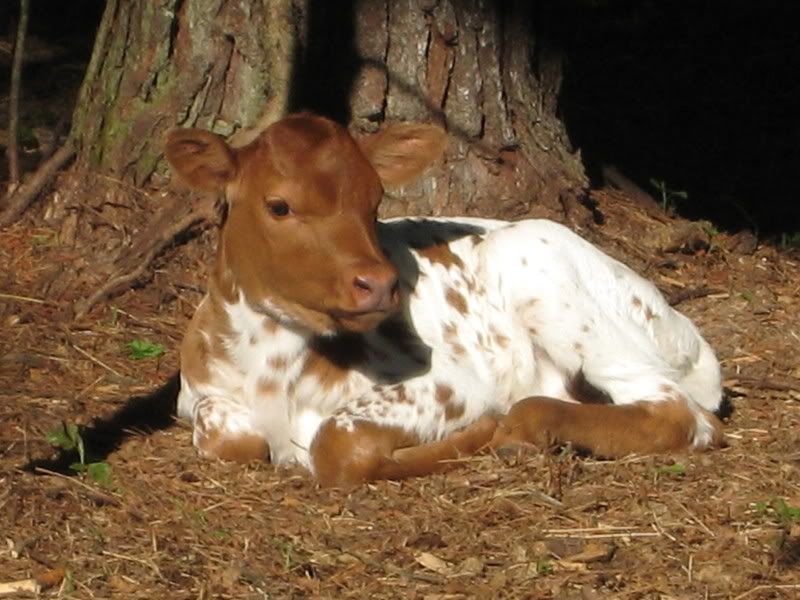There is an important role for ancient livestock breeds in any serious long-term survival scenario. Today, the few breeds that are used in commercial production are selected for high production in close, environmentally regulated confinement. In other words, rapid weight gain is selected for at the expense of the survival instincts. As a result, very few of the animals used in commercial farming could survive a month in the woods. Some animals, like broiler chickens, would probably not last two days.
Unfortunately, many of the old breeds that can survive without much human are intervention are dying out because they don't grow fast enough to satisfy the demands of factory farming. In some cases, hundreds and even thousands of years of selective breeding are being lost forever as these old breeds die out.
If cheap petroleum were unavailable to support modern factory farming, we would once again need these old breeds in order for humans to survive. As survivalists, we may want to consider identifying and keeping these breeds alive. And, if TSHTF, the person who has this type of livestock will be able to command huge premiums for his animals in the new economy.
Just a thought.
Unfortunately, many of the old breeds that can survive without much human are intervention are dying out because they don't grow fast enough to satisfy the demands of factory farming. In some cases, hundreds and even thousands of years of selective breeding are being lost forever as these old breeds die out.
If cheap petroleum were unavailable to support modern factory farming, we would once again need these old breeds in order for humans to survive. As survivalists, we may want to consider identifying and keeping these breeds alive. And, if TSHTF, the person who has this type of livestock will be able to command huge premiums for his animals in the new economy.
Just a thought.









